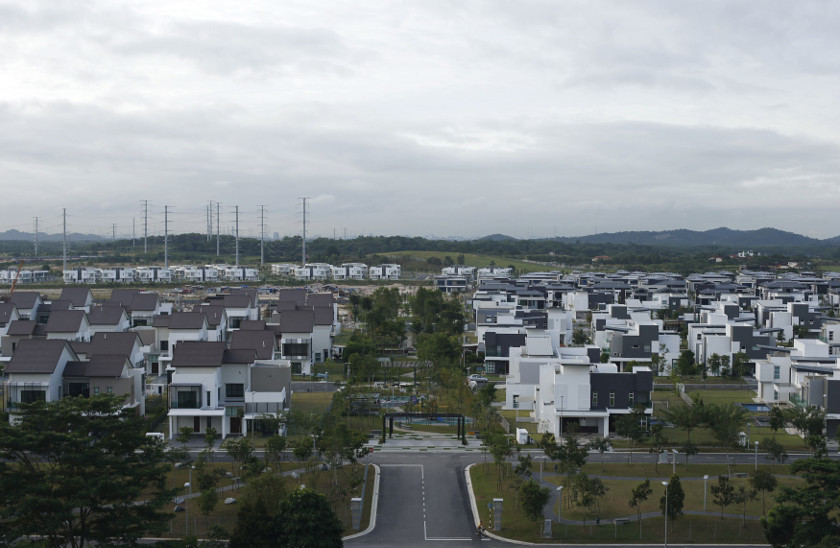JOHOR BARU, Aug 14 — The Johor chapter of the Real Estate and Housing Developers’ Association Malaysia (Rehda) believes that the exemption of the Sales and Service Tax (SST) on building materials will not have a significant impact on the price of homes.
Johor Rehda chairman Datuk Steve Chong Yoon On said with the move, there may be a small savings for developers and those in the related construction industry.
“However, we believe that the savings is too small to be passed on to homebuyers which will not in any way translate to a significantly lower price for homes in future.
“We have to remember that during the introduction of the previous Goods and Service Tax (GST), those who were taxed were entitled for a refund,” he said when contacted by Malay Mail here .
Last year, the Johor property market softened as total transactions recorded a drop of 3.1 per cent in volume and 4.3 per cent in value to 38,839 transactions worth RM18.61 billion.
However, the decline in transaction volume and value have shrunk from double digits in 2015 and 2016 to a single digit last year.
This trend has continued with the first half of this year with rail contracts downturn set in motion after two mega projects worth about RM100 billion were scrapped by the Pakatan Harapan (PH) government after they came to power during the May 9 general election.
Chong also said that the government must also address if the SST exemption in the construction industry involves the cost to mechanical and electrical (M&E) systems and also metal fitments and furnishings.
He said the cost to M&E systems and metal fitments or furnishings are also an integral part of construction in any buildings.
Chong said the government should look into the construction industry in totality as the sector is among the many that has a direct impact on the country’s economy.
“If the government is sincere in lowering the price of homes from taxes, then a review of construction compliance costs would be more feasible.
“The lowering of certain compliance costs can be translated to better savings to the end consumer with cheaper home prices,” he said.
In Malaysia, the property industry have often cited the reason for rising property prices are partially due to levy on construction materials as well fees and charges related to compliance costs.
Developers usually claim that they faced high construction and land costs, lack of suitable land for development and incentives, particularly in the provision of affordable housing.



















